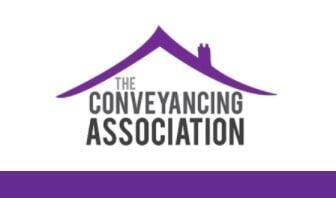Frequently Asked Questions
Below you'll find answers to the questions we get asked the most about conveyancing
Conveyancing is the legal process used to officially transfer ownership of a property or an interest (such as a mortgage or loan secured against the property). The complexity of a conveyancing transaction can vary considerably. Most property transactions require the completion of numerous documents and the application of knowledge and expertise of property law.
Solicitors can act in various areas of law including property and are regulated by the Law Society. Conveyancers are expert property lawyers and are regulated by the Council for Licensed Conveyancers – The Specialist Property Law Regulator. Both can assist you with your property transaction and are held to similar high standards of professional integrity and oversight.
Your completion date must be agreed between the seller and buyer before exchange can take place.
Most property deeds won’t provide you with an answer other than a general overview of the boundary line, so your lawyer won’t know.
Even if your title document shows this information, neighbours may have come to a separate agreement over time, replacing the original boundary feature, and ownership has changed. Your first port of call when faced with a boundary question, your first port of call should always be to have a polite chat with your neighbours and aim to come to an acceptable agreement to all parties.
For more information on boundaries and how to resolve boundary issues, H.M. Land Registry has provided a helpful blog article on the subject Drawing the line on boundaries - HM Land Registry (blog.gov.uk)



